- Oil
- Diesel
- Petrol
- AdBlue
- Water
- Sewage
- Hot Water Cylinders
-
Brands
- New Releases
- In Stock
- Sale
- Best Sellers
- Fuel Tank Hire
- More
-
Services
Are New Oil-Fired Boilers More Efficient Than Older Ones?
5th June 2025 in news
Author: Jack Dunn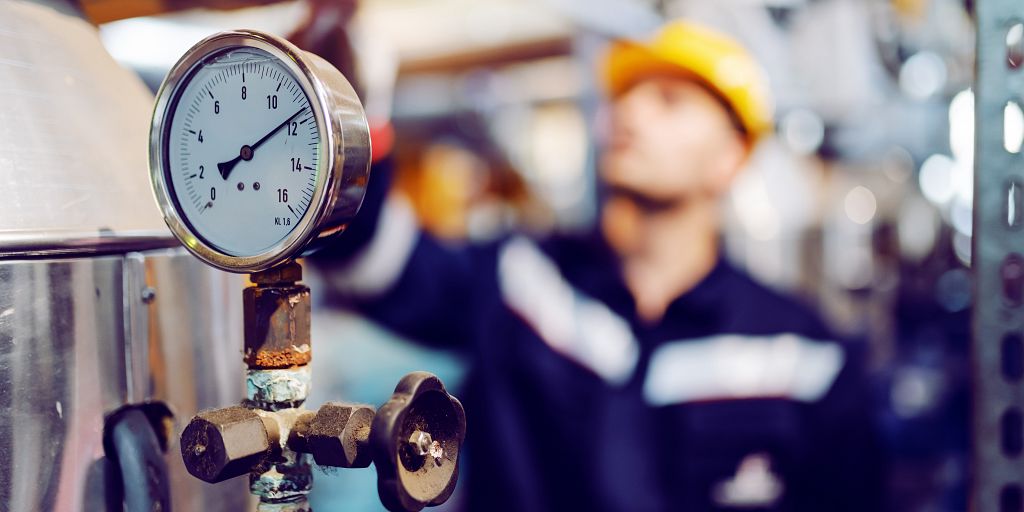
Oil-fired boilers have long been an integral component in heating systems - particularly in the UK’s more rural areas where gas supply is probably not available. However, with technology advancing, many homeowners could achieve significant advantages by upgrading to a newer oil boiler, which will be far more efficient, environmentally friendly and cost-effective than their older model.
This edition of our blog explores how and why newer oil-fired boilers outperform older models, and highlights the key improvements in efficiency, technology, environmental impact and running costs, plus advice for those considering making the upgrade with help from Tanks R Us.
How Much Have Oil Boilers Improved?
A crucial factor in an oil boiler heating system’s performance is efficiency. How much of the fuel you’ve paid for is actually turned into usable heat? According to OFTEC (the Oil Firing Technical Association, the UK-based trade association focused on the oil heating and cooking industry), non-condensing oil-fired boilers had efficiencies ranging from 60% to 70%. This means that 30 to 40% of the fuel used by older models went to waste, primarily through hot flue gases.
In contrast, modern condensing oil boilers can achieve over 90% efficiency, meaning that almost all of the energy in the fuel is converted into heat. This improvement in efficiency will result in significant savings on heating bills across the lifespan of the boiler. According to the Energy Saving Trust (the independent organisation dedicated to promoting energy efficiency and sustainable energy use), switching from an old G-rated boiler to a modern A-rated condensing unit could save homeowners around £400 per year on fuel costs.The introduction of condensing technology has been dramatic. Condensing boilers are designed to capture the heat from flue gases, which would otherwise escape, and reuse it to contribute to warming the home. This is done by condensing the water vapour produced by combustion, and transferring the heat back into the heating system. As a result, condensing boiler systems work more efficiently and produce much less waste. The savings made when upgrading to a condensing oil boiler are not just financial, as carbon emissions are also reduced.
• Non-condensing: Efficiency of 60–70%
• Condensing: Efficiency of up to 93%
• Savings: Approx £400 per year for a typical householdKey Features of Modern Oil Boilers
The general increase in efficiency is not just down to the condensing technology. Modern oil-fired boilers also incorporate several innovations that directly impact performance, fuel consumption and system reliability.
• Condensing technology: By extracting more heat from the flue gases, condensing boilers maximise fuel efficiency and reduce energy waste. This technology is now standard in all new oil-fired boilers, producing higher heat outputs without using additional fuel.
• Modulating burners: Traditional on/off burners would operate at full capacity regardless of the actual need for heat, whereas modulating burners continuously adjust their output according to heating demand, making sure that the system runs at the optimal level. This reduces fuel consumption and prevents energy waste, particularly important for homes with fluctuating needs. With modulating burners, the boiler operates smoothly and efficiently, providing a more comfortable environment.
• Heat exchangers and insulation: High-efficiency heat exchangers are designed to transfer heat more effectively, using materials that improve retention and minimise losses. Therefore, less fuel is required to keep a steady temperature. Improved insulation in modern boilers ensure heat is retained for longer, reducing the need for the boiler to cycle on and off. This helps conserve fuel and extends lifespan.
• Smart thermostats: Modern oil boilers often come equipped with digital controls and can be integrated with smart thermostats, so heating systems can be managed remotely via an app. This allows homeowners to precisely regulate temperature and optimise times the heating is on. Smart thermostats can also provide insights into energy usage, helping to track and analyse heating habits. Over time, the data they produce can help homeowners fine-tune for maximum efficiency.
Environmental Impact
One of the most important reasons to upgrade to a modern oil-fired boiler is the environmental benefit. With a general societal aim to reduce CO₂ emissions, adopting more efficient heating systems is an important part of achieving climate goals. Modern systems are also designed to burn fuel more completely, which reduces the release of harmful particulates and nitrogen oxides (NOx), which contribute to air pollution.
The UK government has set ambitious targets to reduce greenhouse gas emissions to net zero by 2050, and so schemes such as the Boiler Upgrade Scheme (BUS) have been put in place to assist in the move to more sustainable heating. According to a report from the Carbon Trust, upgrading can reduce a household’s CO₂ emissions by up to 33% when compared to older non-condensing systems. This is a big and important step in the transition towards a more sustainable energy system, especially for households which are off-grid and therefore reliant on oil for heating.
• CO₂ emissions: Up to 33% lower than older models
• Particulate matter and NOx: Fewer pollutants released into the atmosphere
• Net-zero targets: Help to meet UK government climate goalsIs it Worth Upgrading?
The long-term savings in fuel costs, maintenance and energy efficiency make upgrading to a new oil-fired boiler a truly worthwhile investment. Over the lifespan of the boiler, these savings can add up significantly. Some homeowners may qualify for financial incentives under the Boiler Upgrade Scheme mentioned above, as it offers grants to help cover the cost of installing more energy-efficient heating systems.
Another important factor to consider is maintenance costs. Older boilers tend to require more frequent repairs and maintenance, which leads to higher ongoing costs. On the other hand, modern boilers are more reliable and come with longer warranties, reducing the likelihood of costly breakdowns.
New Oil-Fired Boilers at Tank R Us
At Tank R Us, our engineers have extensive experience of working with oil boilers and heating systems. They often encounter older, less efficient models which are causing unnecessary fuel waste and environmental harm, as well as higher bills for our customers. By upgrading to a modern condensing boiler, many homeowners will see a reduction in their heating costs within the first year.
Our engineers will also advise homeowners on the condition and placement of their oil tanks. A well-maintained tank, positioned correctly, will improve the performance of your heating system even further. Our engineers also note that regular servicing of both the boiler and the oil tank are essential for keeping the system’s efficiency over time. Clean tanks that are free of debris provide more consistent fuel flow, allowing the boiler to operate at its optimal level.
Upgrading to a modern oil-fired boiler can deliver significant improvements in energy efficiency, environmental impact, and long-term cost savings. With the exciting advances in technology mentioned earlier in this blog, new oil boilers are more efficient, reliable, and environmentally friendly than ever before.
If you're considering upgrading your heating system, Tank R Us will assist you. Our team of experts can provide guidance on the right boiler for your home, offer advice on tank maintenance and ensure a hassle-free installation. Contact us now to discuss how the benefits of modern oil-fired boilers can improve your life.
One of the largest selections of tanks in the UK
Chat online or call us today on 01469 531229
Related Products
More Articles
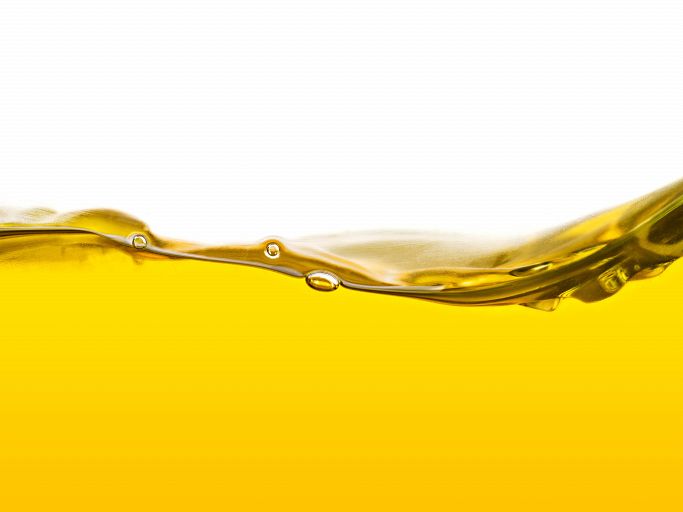
HVO - The Potential Solution For A Sustainable Future
15th March 2023 in Tank accessories
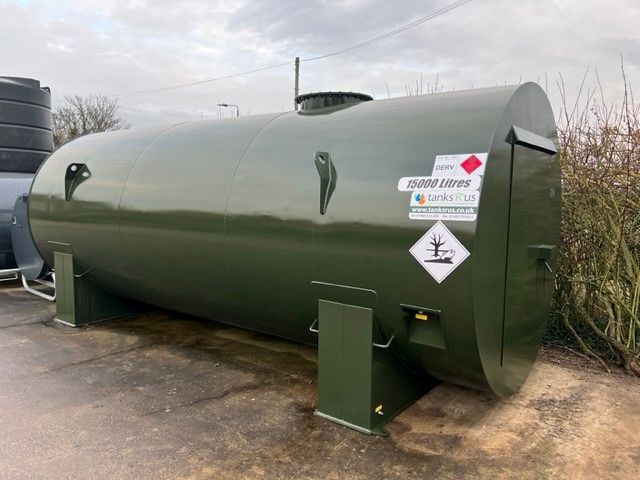
The benefits of steel oil tanks for domestic heating oil
4th April 2023 in oil
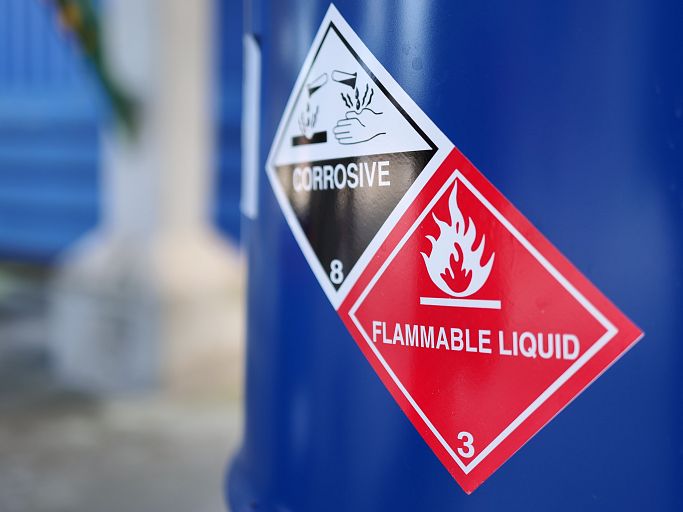
Top Safety Tips for Handling and Maintaining Chemical Storage Tanks
8th November 2024 in oil
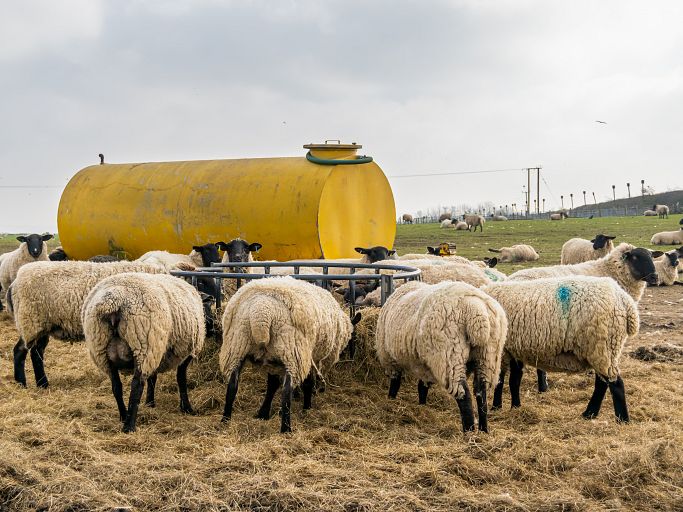
Essential Guide to Livestock Watering Tanks: Solutions For Remote Fields
12th February 2025 in water
Help
About Us
My Account
Newsletter Sign Up
Inspiration direct to your inbox, please enter your email below...
Help About Us My Account
© Tanks R Us. All rights reserved. Registered in England. Registration number. 05804332. VAT number 364402764
Designed and produced by Kal Group